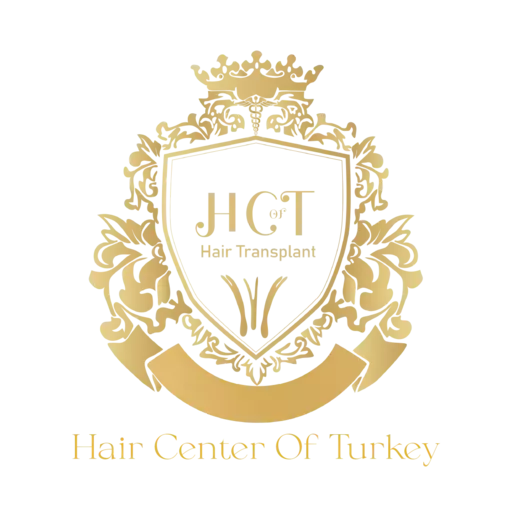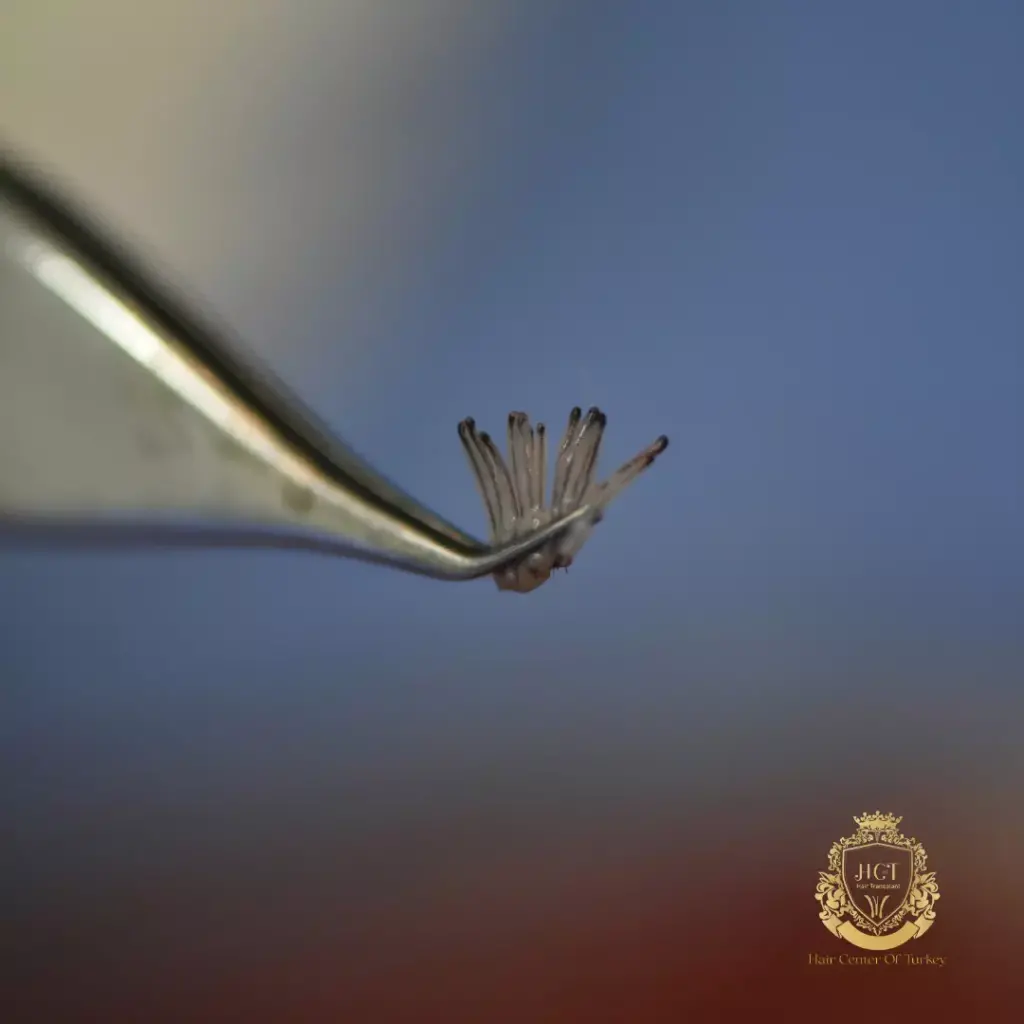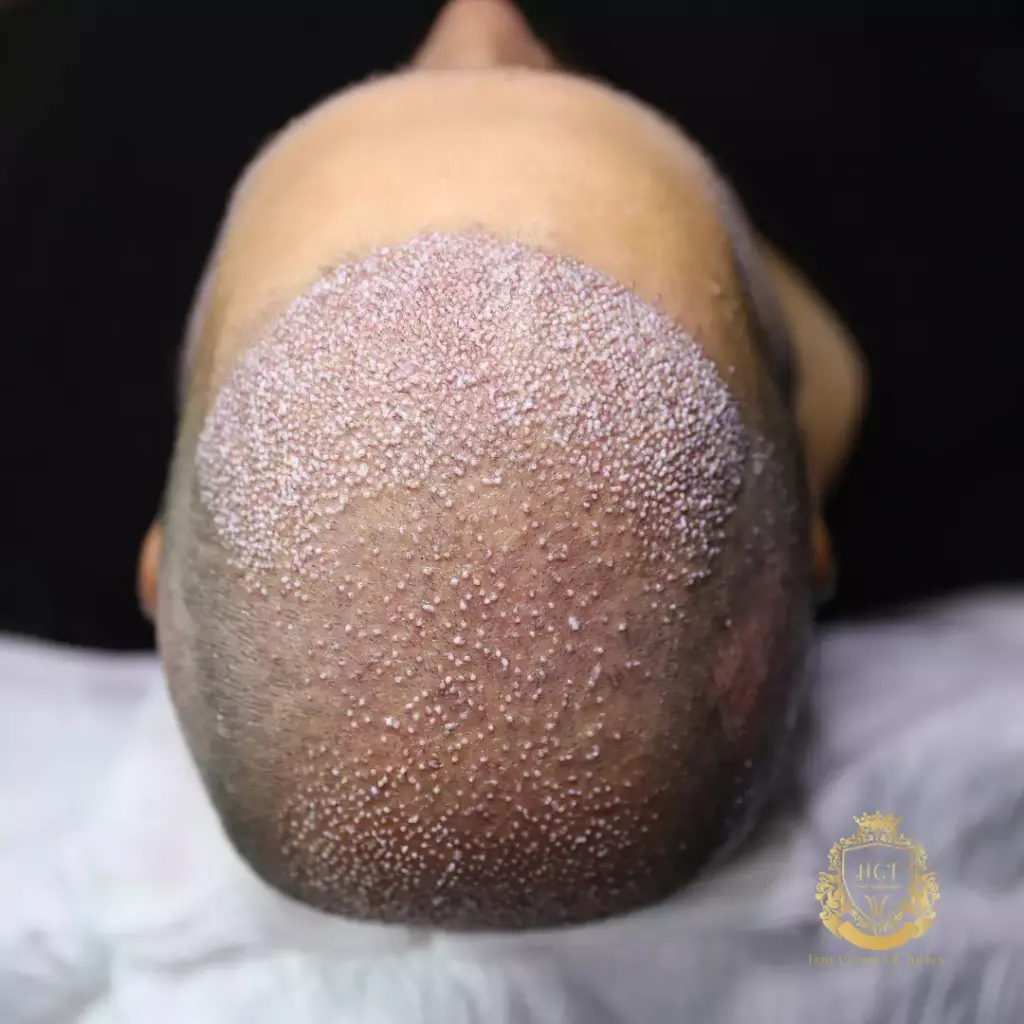Are you experiencing hair loss problems? Meet hair transplantation, the clearest solution to hair loss. Send us a message for detailed information and free consultation.
Is Hair Transplant Halal or Haram in Islam?
Is hair transplant permissible in Islam? Questions such as what are the hadiths about hair transplantation or hair transplant are among the questions that many Muslims wonder before having a hair transplant. In this article, we will talk about whether hair transplantation is permissible in Islam. So let’s get started. Before answering the question of whether hair transplantation is permissible, we will talk about how hair transplantation is done. When you learn about the hair transplantation process, you will have a clearer picture in your mind about the hair transplant process.
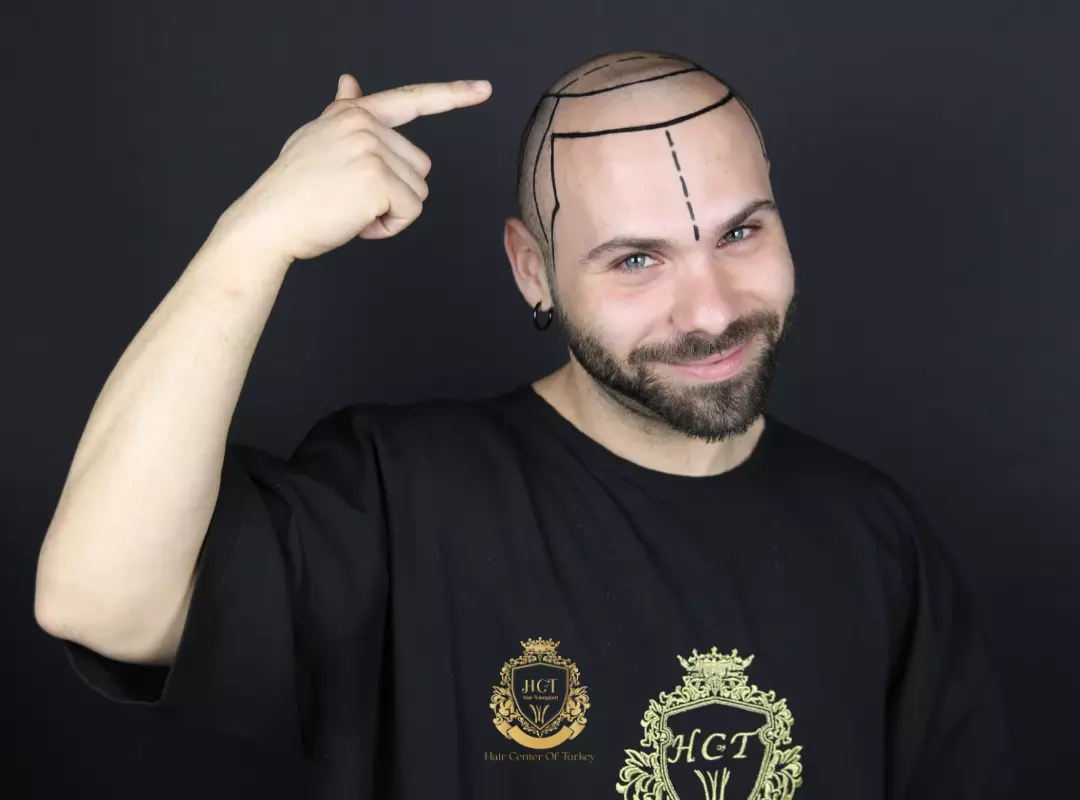
If you are suffering from hair loss, or a sparse and bald scalp, you can apply to our Hair Center of Turkey hair transplant clinic. You can ask questions about the hair transplant process from our expert consultants.
How is hair transplantation performed?
Hair transplant is basically a transplantation procedure consisting of 3 stages. It is performed by preparing the scalp for hair transplantation with local anesthesia before transplantation, extracting hair follicles from the donor area and transplanting the hair follicles to the target area. During hair transplant, strong and strong hair follicles taken from the donor area are used. The donor area is the nape of the neck between the 2 ears. Since the hair follicles here are genetically resistant to hair loss, hair follicles are taken from here.
In the past years, hair transplant was also tried with plastic hair. However, plastic hair transplantation was abandoned after the rejection of plastic hair by the scalp and the complications that occurred.
The hair transplant techniques used in recent years are FUE and FUT techniques. In both of these techniques, the person’s own hair follicles are transplanted into the bald area. And the hair is expected to grow. After a period of approximately 6 months to 1 year, the transplanted hair follicles begin to grow.
Hadiths about hair transplantation
There are existing prophetic When we examine the interpretations of religious authorities, it is stated that the Prophet Muhammad forbade wearing wigs and hair extensions. It is stated that it is not permissible to wear a wig because the main material of the wig consists of another person’s hair. However, if the wig is made of a material other than human hair, such as rope, wool or plastic, there is no harm in wearing a wig.
When we look at the religious comments on hair transplant, it is stated that there is no problem in hair transplantation and that hair transplant is permissible. Hair transplant technique has developed considerably as a result of the latest medical studies. Since the person’s own hair taken from the nape of the neck is used in this process, it does not pose any religious problems.
Does hair transplantation interfere with ablution and ghusl?
Muslims who want to have hair transplant are wondering whether hair transplant interferes with wudoo’ and ghusl. Wudhu and ghusl is a form of cleansing that consists of washing the whole body or part of the body with water. Having a hair transplant does not prevent wudoo’ or ghusl. Because wudu or ghusl is performed on the transplanted hair. However, water should not touch the transplanted hair for the first 3-4 days after hair transplantation.
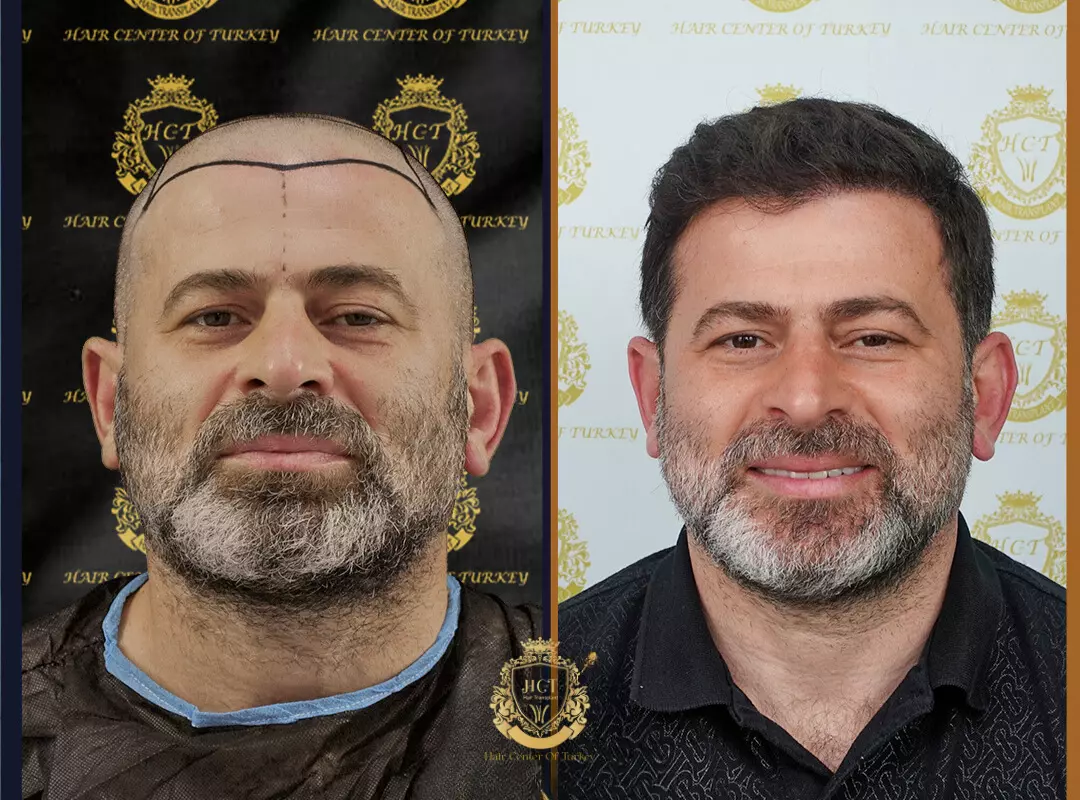
One of the things that should not be done after hair transplantation is to wash the treated hair the next day. The hair should not be washed for the first 3-4 days in order for the hair follicles to hold well in the hair transplant area. After this process, washings that aim to wet the head area such as ghusl ablution or ablution can be done carefully.
Psychological and religious aspects of hair transplantation
Hair loss is a problem faced especially by middle-aged and older men. Hair loss in men occurs much more frequently than in women. Male pattern baldness, referred to as angrogenetic alopecia in medicine, is a type of hair loss usually caused by genetic factors. On the other hand, burns, accidents, disasters, psychological problems, anxiety, chronic disorders and environmental factors can trigger hair loss.
Hair loss or thinning hair can seriously alter a person’s appearance and can also affect self-confidence and health. Men or women who experience hair loss or eyebrow loss may have difficulty participating in everyday life and may engage in avoidant behavior.
On the other hand, in Islam, Allah says, “We have created man in the most beautiful form“. This shows the value and care that Allah gives to human beings. In this respect, taking care of one’s body and being healthy is in accordance with Islam.
Islam advises people to get well when they are ill and to use the medicines prescribed by the doctor. It causes problems such as hair loss, thinning of the eyebrows, pallor of the face and can prevent people from looking beautiful and being healthy. As a result, aesthetic interventions are among the procedures that people need to look healthier and more beautiful.
In Islam, according to various jurisprudential authorities, it is seen that aesthetic interventions are allowed to be performed because problems such as hair loss disrupt psychological health. Hair, beard and eyebrow transplantation is performed in Hair Center of Turkey hair transplant clinic under the supervision of experienced specialist doctors. If you are experiencing hair loss or complaining of sparse or bald scalp, you can apply to our hair transplant clinic. You can ask all your questions about hair, eyebrow and beard transplantation by calling our consultants at Hair Center of Turkey hair transplant clinic.
FAQ (Frequently Asked Questions)
Prophet Muhammad (pbuh) stated that using a wig is not religiously correct. However, since the patient’s own hair is used during hair transplant, there is no religious obstacle. Hair transplant is religiously permissible.
Hair transplant does not prevent ghusl or ablution. However, it should not be forgotten that water should not touch the transplant area for 3 days after hair transplant. After 3 days, the transplant and donor areas should be washed with special shampoo and spray in accordance with the doctor’s recommendations.
Hair loss can occur after an accident, burn or treatment. In such cases, hair transplant is a definitive and permanent solution. Hair transplant should not always be perceived as an aesthetic treatment. Hair loss can negatively affect the person psychologically and make him/her depressed. Religiously, people should take necessary care for their bodies.
PDF & Voice Introduction
Contents
Reach our consultants team
Our Address :
Ataköy 7-8-9-10, Selenium Retro, D-100 Güney Yanyolu No:18/A, 34158 Bakırköy/İstanbul
Get more information for hair transplant!
